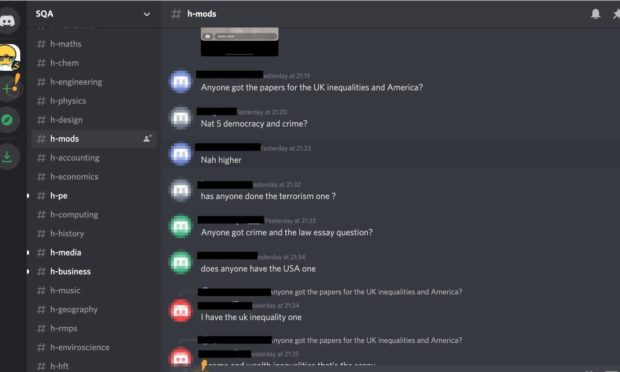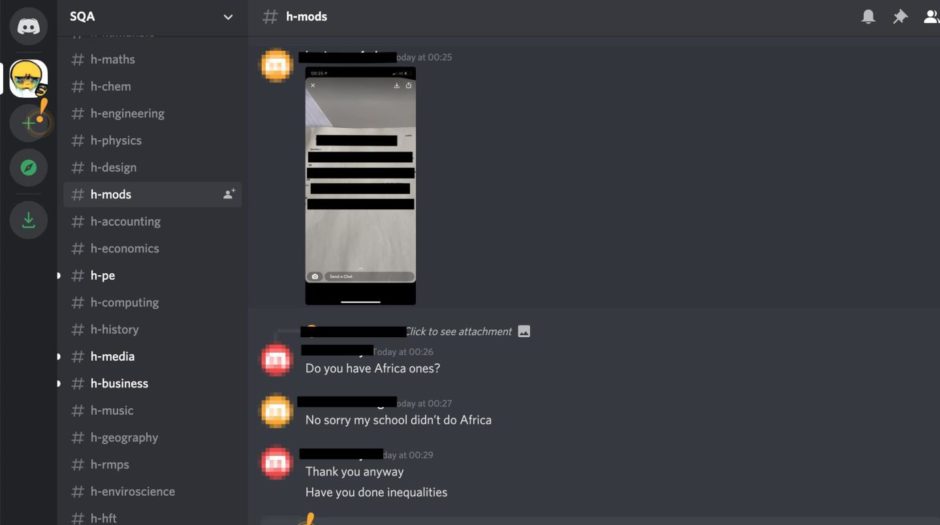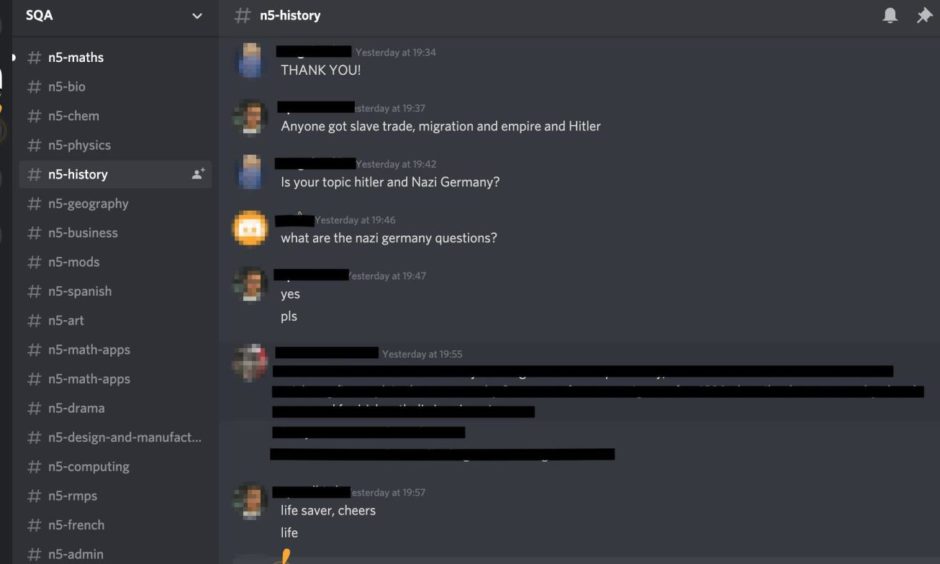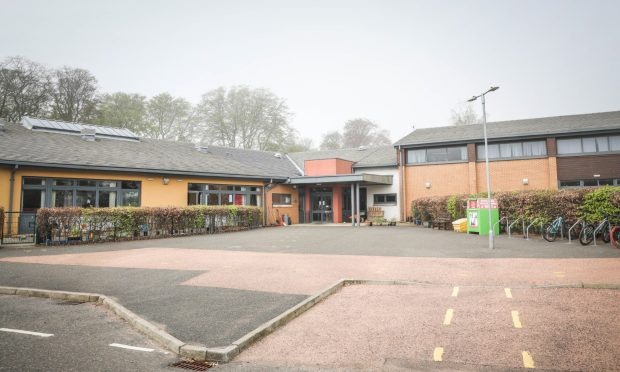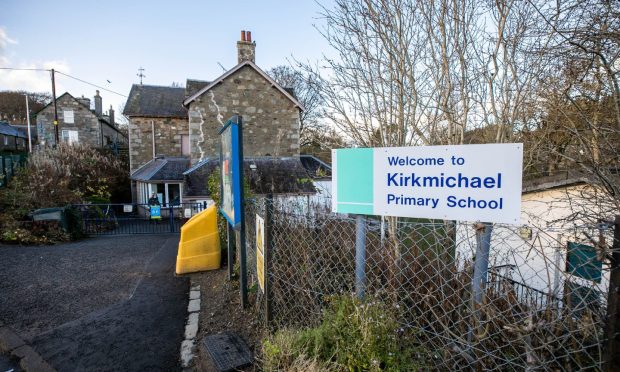Hundreds of pupils across Scotland are now sharing assessment details on an invite-only site after the SQA said they should be penalised if they leak information.
Pupils are using an app called Discord, an instant messaging platform, to share details from assessments being used to determine their final grades.
Users on Discord can communicate with voice calls, video calls, text messaging, media and files in private chats or as part of communities called ‘servers’, but have to be invited to join before they can see the content.
An SQA ‘community’ on the platform has more than 1,000 members, with separate channels for each subject.
Due to Covid, exams are cancelled for the second successive year and pupils’ grades are being determined by teacher estimates and a “quality assurance” procedure overseen by the SQA.
However, controversially, this has involved young people sitting in-class assessments which have been dubbed “exams in all but name”.
SQA papers originally prepared for last year’s Highers have been issued as the basis for testing carried out by schools in place of formal exams.
“Don’t use your real name”
Earlier this week it was revealed thousands of pupils were using the video-sharing app TikTok to give advice and share content from these assessments to those who are yet to sit them.
This led to the the Scottish Qualifications Authority (SQA) advising schools to penalise pupils if “candidate malpractice” is found.
Now pupils have taken to an invite-only server on the social media platform, Discord to give details of specific assessments to other users.
Members of the SQA ‘community’ were advised not to use their real name on the platform in case “someone snitches.”
There are more than 60 ‘channels’ in the community, each dedicated to an individual subject and ranging from Advanced Higher to National 5 level.
One user in the National 5 history channel revealed what questions and topics would come up in the paper.
Others shared what they claimed were the topics of the multiple-choice questions for a chemistry assessment.
Some users even shared pictures of question papers being used for assessments, and others encouraged those sitting them to take pictures “if no one is around.”
Pictures of marking schemes understood to have been used for similar essay topics were also shared on the community.
Teacher concerns
Pupils using social media to share details from assessments has been met with concern from teachers, who fear it’s undermining the fairness of this year’s grading process.
One teacher, who spoke on the condition of anonymity, indicated there was widespread concern that the sharing of material ahead of assessments would compromise their validity.
The security and confidentiality of assessment material protects its integrity and helps ensure fairness to all learners.”
SQA spokesman
They also flagged consistency of grading between local authorities, fearing that an A in one council area would differ from another.
And the teacher said school staff felt that there was a lack of direction and organisation from the SQA – indicating there was a belief the exam board had not planned for what would happen in the event of schools having to close again.
It’s because of this, the teacher believes, pupils have felt the need to use social media to share assessment details.
“We are taking these incidents very seriously”
The SQA has previously said it takes any breach of the confidentiality of assessment material “very seriously”.
The exams authority, however, said any concerns regarding malpractice should be dealt with by schools, who should implement their own procedures “as quickly as possible”.
A spokesman said: “The security and confidentiality of assessment material protects its integrity and helps ensure fairness to all learners.
“SQA has provided secure assessment materials to help teachers and lecturers gather evidence for provisional results, if they choose to use them.
“Teachers and lecturers have the flexibility to decide how and when to use these materials, which can be used in part or in their entirety.
“However, we are taking these incidents very seriously and are contacting schools and colleges to ensure that posts are removed as soon as possible.”
